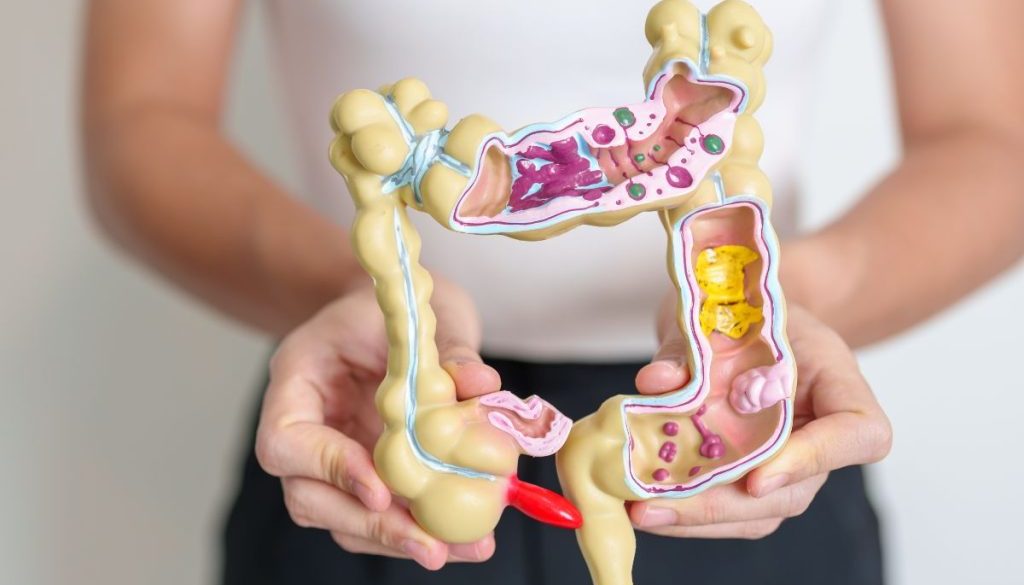Health Benefits of Probiotics: Digestive Health
Probiotics are live microorganisms that, when consumed in adequate amounts, provide health benefits, particularly in the realm of digestive health. They play a crucial role in maintaining a balanced gut microbiota, which is essential for proper digestion and overall well-being. This article explores the specific health benefits of probiotics concerning digestive disorders such as irritable bowel syndrome (IBS) and constipation.
Probiotics and Digestive Disorders
1. Irritable Bowel Syndrome (IBS)
IBS is a common gastrointestinal disorder characterized by symptoms such as abdominal pain, bloating, gas, and altered bowel habits (diarrhea or constipation). The exact cause of IBS remains unclear, but it is often linked to gut dysbiosis, where the balance of good and bad bacteria in the gut is disrupted.
Benefits of Probiotics for IBS:
- Symptom Relief: Studies have shown that probiotics can help reduce the frequency and severity of IBS symptoms. Certain strains, such as Lactobacillus and Bifidobacterium, have been found to alleviate abdominal pain and bloating.
- Improved Gut Function: Probiotics may enhance gut motility and regulate bowel movements, leading to improved digestive function in IBS patients.
- Psychological Benefits: As IBS is often exacerbated by stress and anxiety, probiotics may also have a positive impact on mental health, further aiding in the management of IBS symptoms.
2. Constipation
Constipation is a common digestive issue characterized by infrequent bowel movements, difficulty passing stools, and a sense of incomplete evacuation. Factors contributing to constipation include a low-fiber diet, inadequate hydration, and an imbalance in gut bacteria.
Benefits of Probiotics for Constipation:
- Increased Frequency of Bowel Movements: Research indicates that certain probiotic strains, particularly Bifidobacterium lactis and Lactobacillus casei, can significantly increase the frequency of bowel movements and improve stool consistency.
- Enhanced Gut Motility: Probiotics may stimulate peristalsis (the contractions of the intestinal muscles that move stool through the colon), promoting regularity and reducing constipation.
- Prebiotic Effects: Some probiotics can help ferment dietary fibers in the gut, producing short-chain fatty acids (SCFAs) that nourish colon cells and enhance bowel function.
Choosing the Right Probiotics
Not all probiotics are created equal, and the benefits can vary based on the strain and dosage. For those seeking relief from digestive issues, it is essential to select probiotic products that contain specific strains supported by research for their efficacy in treating IBS and constipation.
Incorporating Probiotics into Your Diet
Probiotics can be consumed through various dietary sources, including:
- Fermented Dairy Products: Yogurt, kefir, and some cheeses are rich in probiotics.
- Fermented Vegetables: Foods like sauerkraut and kimchi provide beneficial bacteria.
- Supplements: Probiotic capsules and powders can offer targeted strains and higher concentrations for those with specific digestive concerns.
Safety Considerations
Probiotics are generally safe for most individuals. However, those with compromised immune systems or underlying health conditions should consult a healthcare professional before starting any probiotic regimen. It is also advisable to choose products with documented strains and viability to ensure maximum benefit.
References
- Ford, A.C., et al. (2014). “Efficacy of Probiotics in the Treatment of Irritable Bowel Syndrome: A Systematic Review.” Gut, 63(3), 485-490.
- McFarland, L.V. (2015). “Probiotics for the Prevention of Antibiotic-Associated Diarrhea: A Review of the Literature.” Journal of Clinical Gastroenterology, 49(3), 295-304.




